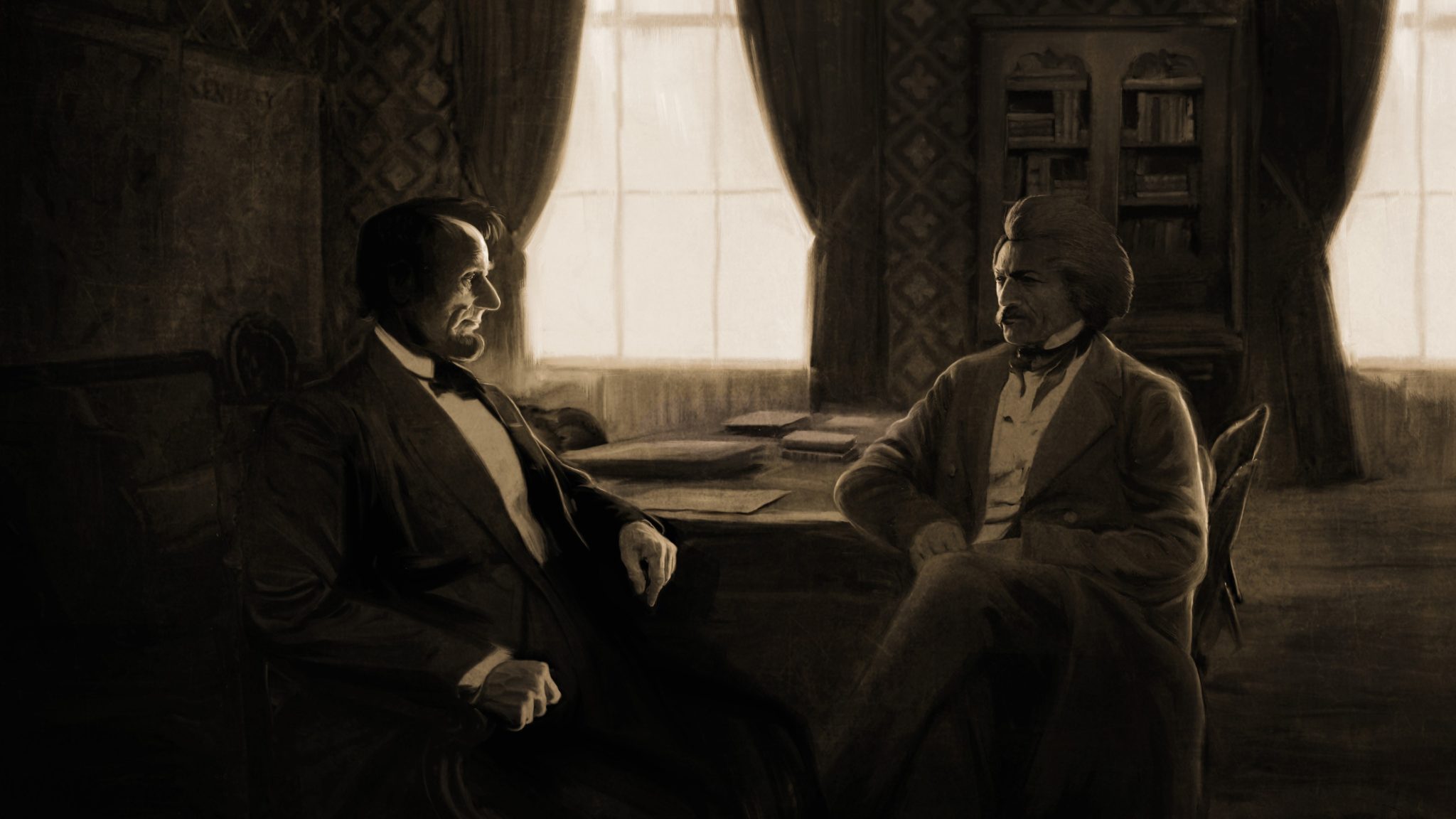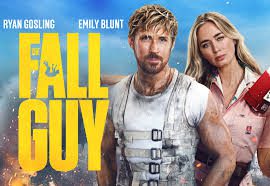Abraham Lincoln ? The Great Emancipator. Well, yes and no. In Lincoln?s Dilemma, showing on Apple TV+, we see a much more complicated picture of Lincoln?s presidency, especially as it relates to the abolition of slavery. The series, directed by Jacqueline Olive and Barak Goodman, is done in a style popularized by Ken Burns, in which historians share their insights as we see pictures of that historical era.
The four hour-long episodes outline the evolution of Lincoln?s choices in regard to slavery. His goal during the election was clearly to preserve the Union, and he clearly stated that if that required slavery continuing, that such was acceptable to him. We learn that while there were some who wanted slavery completely abolished, there were many, even in the north, who were perfectly happy for it to continue. The Civil War does not begin in attempt to end the practice. Emancipation came about in large part as a military weapon. This too evolved with time through the war years, until Lincoln eventually pushed for the 13th Amendment to abolish slavery. (He knew it had to pass Congress before the war ended and southern states would return.)
This is something of a demythologizing of Lincoln. That is very evident when the film looks at the Emancipation Memorial in Washington, and the controversy that grew around it in 2020. Lincoln is seen as a giant of American history?and for good reason. This series also, though, shows a more nuanced man. He was very much a politician who knew how to work the system. He was slow to come around to the idea of Emancipation?in part because there would be a political price to be paid.

Part of the series revolves around the reluctance of Lincoln to move toward emancipation, and the rhetoric of Fredrick Douglas to push for it. The two men met only three times, but the interplay of their ideas is clear in the series. Lincoln was slow to embrace the idea of emancipation, thinking the restoration of the Union was paramount. Douglas was a constant voice demanding that it be part of the nation’s plan.
There is little of Lincoln?s personal life included in the film (with the exception of the death of his son Willie). That means we see little of the development of his moral and theological ideas. Lincoln?s religion is a subject of great debate and conjecture. He never joined a church. Yet he was very comfortable with biblical and religious language. It?s hard to understand Lincoln and his motivation without trying to delve into those waters (murky though they are).
The series is more than just a look at a historical figure. It is designed to help us think better about the racial issues that still confront us as a nation. As one of the historians notes: ?What we are seeing today is really dramatic evidence of when you fail to talk honestly about your history.? The racial tensions that continue today are very clearly connected to what happened during Lincoln?s time and the aftermath of the Civil War. To better understand today, this series asks us to look back at our history for a more complete understanding so we can move on to what will hopefully be a better future.
All four episodes will be available on Apple TV+ on February 18.




